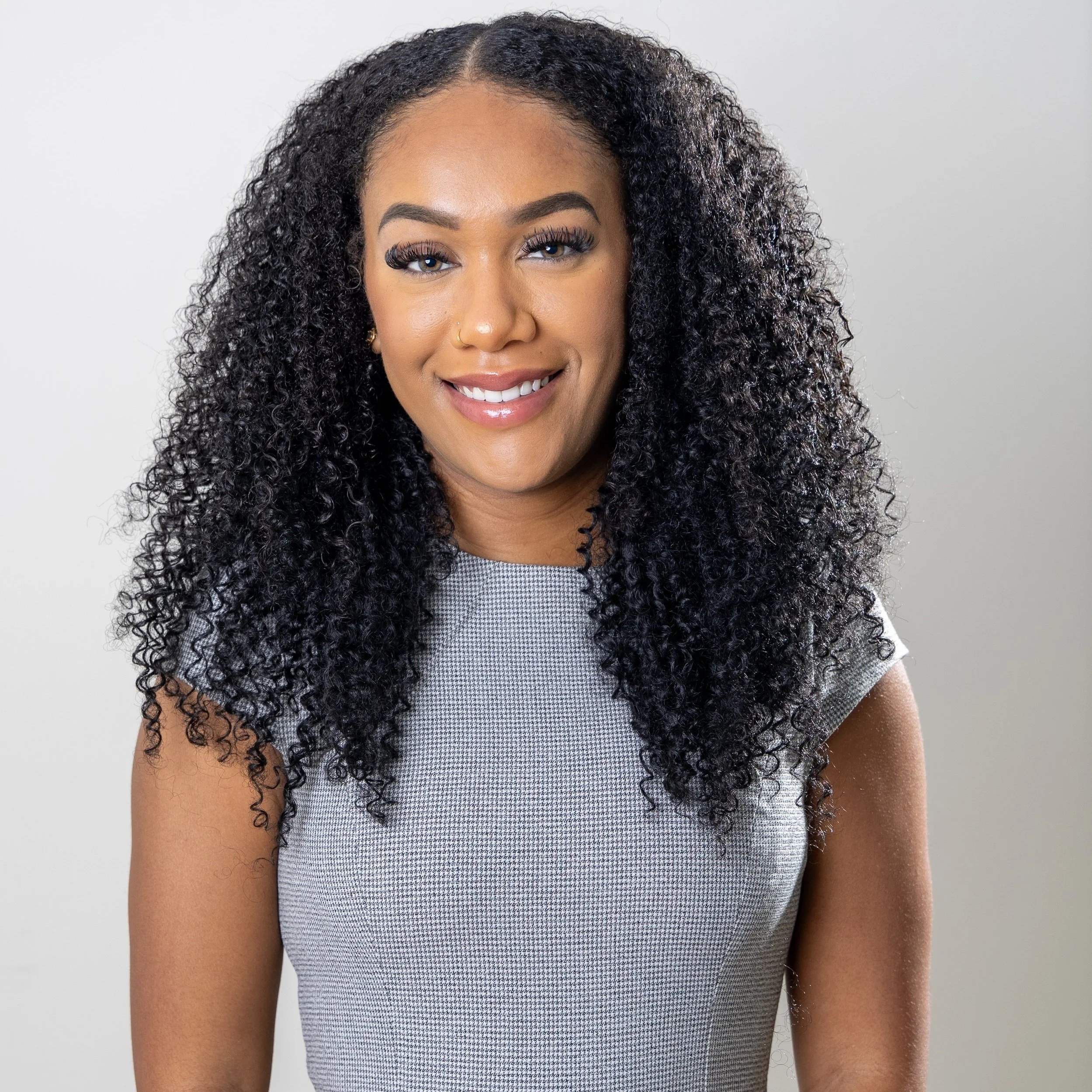Anxiety & OCD Counseling in Charlotte, NC
Take Charge of Anxiety & OCD
At Clear Creek Counseling, we specialize in helping individuals who are living with anxiety disorders and Obsessive-Compulsive Disorder (OCD) find lasting relief, clarity, and confidence. Whether you’re feeling overwhelmed by racing thoughts, avoidance patterns, or constant worry, our experienced anxiety and OCD therapists provide compassionate, evidence-based care to support your healing and long-term mental wellness.
We understand that anxiety and OCD can interfere with your ability to enjoy everyday life, maintain healthy relationships, and feel in control of your thoughts and behaviors. At Clear Creek Counseling, our goal is to help you break free from the cycle of fear, stress, and compulsive habits using proven approaches like Exposure and Response Prevention (ERP), Cognitive Behavioral Therapy (CBT), Acceptance and Commitment Therapy (ACT), and more. Together, we’ll create a personalized treatment plan that empowers you to regain peace of mind and move forward with confidence.
Understanding Anxiety Disorders
Anxiety is a natural response to stress—but when it becomes persistent or overwhelming, it can interfere with daily life. At Clear Creek Counseling, we work with clients experiencing a wide range of anxiety disorders, including:
Generalized Anxiety Disorder (GAD): Chronic, excessive worry about everyday situations
Social Anxiety Disorder: Intense fear of judgment or embarrassment in social settings
Panic Disorder: Sudden panic attacks with symptoms like racing heart, dizziness, or fear of losing control
Specific Phobias: Extreme fear triggered by particular objects or situations (e.g., flying, heights)
Health Anxiety: Obsessive worry about having a serious illness despite medical reassurance
Common anxiety symptoms may include restlessness, difficulty sleeping, racing thoughts, muscle tension, irritability, avoidance behaviors, and constant fear or dread. Therapy can help interrupt these patterns and build healthier, more effective ways to cope.
Understanding OCD
Obsessive-Compulsive Disorder (OCD) is a chronic condition involving unwanted, intrusive thoughts (obsessions) and repetitive behaviors or mental rituals (compulsions) performed to ease anxiety. OCD can manifest in various ways, including:
Contamination OCD: Fear of germs, illness, or unclean environments leading to excessive washing or avoidance
Checking OCD: Repeated checking of locks, appliances, or safety concerns
Harm OCD: Intrusive fears about accidentally or intentionally harming others
Sexual or Religious OCD: Obsessions around morality, taboo thoughts, or religious scrupulosity
Symmetry/Ordering OCD: A need for items to be aligned or arranged “just right”
Hoarding OCD involves persistent, intrusive fears about discarding items, leading to compulsive saving and extreme difficulty letting go of possessions—even those with little or no value.
Relationship OCD (ROCD) is a subtype of OCD characterized by obsessive doubts and fears about one’s relationship, such as questioning whether you truly love your partner or if they are “the right one.”
These symptoms are not personality quirks—they’re signs of a treatable condition. Our team is trained in the most effective approaches for OCD, tailored to your unique experience.
Evidence-Based Treatment for OCD & Anxiety
At Clear Creek Counseling, our therapists use a range of evidence-based therapies to help clients reduce anxiety, manage intrusive thoughts, and change unhelpful behavior patterns. Our most effective treatment approaches include:
Exposure and Response Prevention (ERP): The gold standard for OCD treatment, ERP helps you gradually face feared thoughts and situations while learning to resist compulsive behaviors.
Cognitive Behavioral Therapy (CBT): A proven method for anxiety that teaches clients how to challenge distorted thoughts and build coping skills.
Acceptance and Commitment Therapy (ACT): Focuses on increasing psychological flexibility and reducing avoidance by aligning actions with personal values.
Narrative Therapy: Helps clients separate their identity from their symptoms and reclaim a preferred story about who they are.
EMDR (Eye Movement Desensitization and Reprocessing): Effective for anxiety and trauma-related symptoms, EMDR helps the brain reprocess distressing memories.
Dialectical Behavior Therapy (DBT): Combines mindfulness, emotion regulation, and distress tolerance techniques to support emotional balance and behavioral change.
Start Your Healing Journey
Living with anxiety or OCD can feel isolating—but you don’t have to do it alone. At Clear Creek Counseling, we’re here to help you find freedom, resilience, and peace of mind.
Contact us today to schedule a free consultation and learn more about OCD and anxiety therapy at Clear Creek Counseling. Click on the picture below to determine which counselor is the best fit for your needs.
Mackenzie Weigel, LCMHC, NCC - University Office & Virtual
Niral Patel, Psy D - South Office & Virtual
Anna Stillman, LCSW - South Office & Virtual
Memorie MacLeod, LMFT - University Office & Virtual
Jessica Fields, LCMHC, NCC - University Office & Virtual
Crystal O'Gorman, LMFT - South Office & Virtual
Abigail Bates, LCSW-A - South Office & Virtual
Lonnie Mullet, LCMHC - Virtual & Both Offices
Michelle Allen, LCSW-A - University Office & Virtual
Emilee Barnett, LCMHC-A, University Office & Virtual
Beverly Burrell, LCMHC-A - University Office & Virtual













